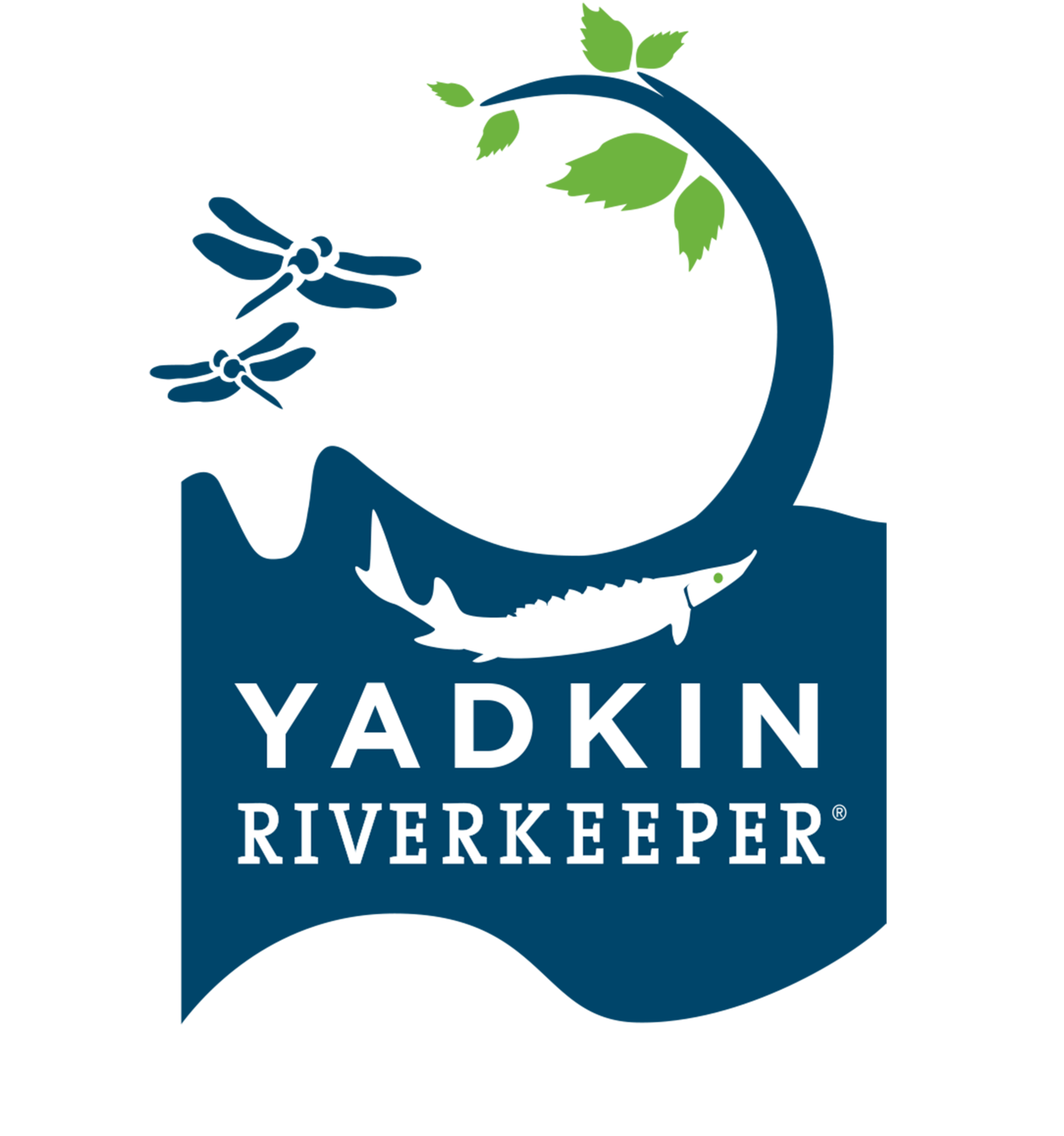-Scott Schang, Director, Wake Forest Environmental Law and Policy Clinic
This article originally appeared in the newsletter of the Blue Ridge Trout Unlimited Chapter.
Wetlands have been described as the kidneys of the waters and land. They filter out pollution and store water during heavy rainfall events. They also provide vital habitat for fish and myriad other species. But in the past few months, the US Supreme Court and North Carolina legislature ended protections for over 2.5 million acres of wetlands in the State. Expect dirtier water, fewer trout, increased flooding, and a decrease in ecosystem quality as a result.
In the Yadkin River watershed, this could mean less protection for our isolated wetlands, floodplains and headwater streams. Although less than two percent of the watershed’s land base is classified as wetlands, these filters are critical to limiting flooding, reducing sediment and nutrient pollution runoff into the river and protecting drinking water supplies for more than 1 million North Carolinians.
States have always been at the forefront of protecting waters from pollution. After the industrial revolution, states ran a race to the bottom in protecting air and water as they competed for businesses. In the 1970s, the federal Clean Water Act set pollution levels that apply to navigable waters (meaning major rivers and streams subject to federal jurisdiction) and adjacent wetlands that states should not exceed and are free to make more stringent. Meanwhile, all other state waters and wetlands remained subject to state pollution control. This and other federal environmental laws have been largely successful, with the air being far cleaner and water pollution lessening while the gross domestic product has tripled simultaneously.
But there has been a 20-year-long tug-of-war over the scope of federal jurisdiction over water pollution. Just where do you draw a line in the water to say federal jurisdiction ends here and state jurisdiction continues there? It’s a very difficult question. This summer the Supreme Court reimagined this line in the most restrictive fashion ever. The divided Court ruled that only wetlands with a continuous surface water connection to navigable waters could receive federal protection.
This new rule ignores hydrology and ecology. Many if not most wetlands provide water filtering and water retention services to these navigable waters without a continuous surface water connection. The wetlands could have a groundwater connection, an intermittent surface water connection, or a connection that is interrupted by a structure, like a dike or canal. But the new Supreme Court ruling ends federal jurisdiction over them, meaning the majority of wetlands in the country are now once again dependent on states for protection.
Some pundits argue that this is exactly how the federal-state relationship should work: limit federal power to the maximum extent possible because the states retain their core duty to protect their state waters. But in North Carolina, the legislature added a provision into this year’s Farm Bill after the Supreme Court’s decision was released that prohibits state regulation of wetlands beyond federal jurisdiction. In other words, the very places that North Carolina is expected to protect no matter the level of federal protections, from ecologically-sensitive isolated wetlands to Pocosin wetlands to headwater streams that provide trout habitat and floodplains that protect towns from flooding that are not connected to navigable waters, may now be open for development and destruction.
Unfortunately, other states have followed suit. Many western states have laws that prohibit their environmental laws from being more stringent than federal law, meaning that the Supreme Court’s ruling automatically reduced state control over many wetlands, intermittent streams, and other waters.
This is bad environmental policy and bad government. As rain events are becoming more severe, we need more wetlands protection, not less. Development and agriculture pose increasing threats to trout habitat and overall water quality. But at a time of increased need for wetlands protection, the NC legislature has decided to limit our ability to protect the state’s waters, fish, animals, and citizens, while giving developers a free pass to destroy these critical resources.

